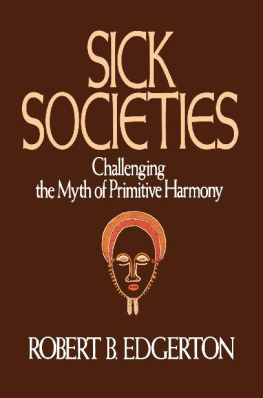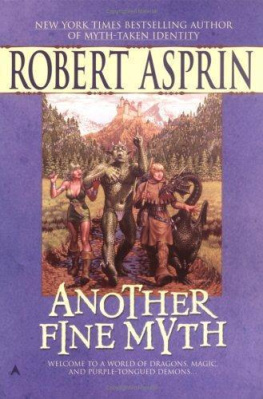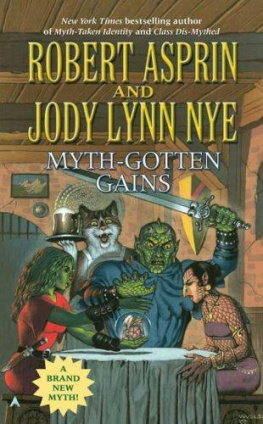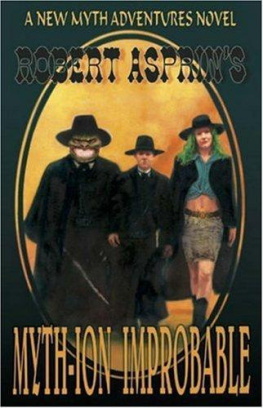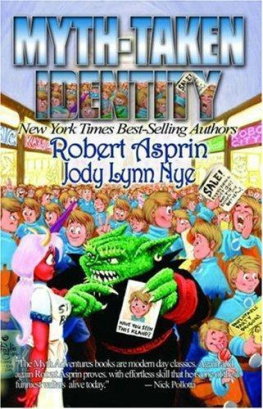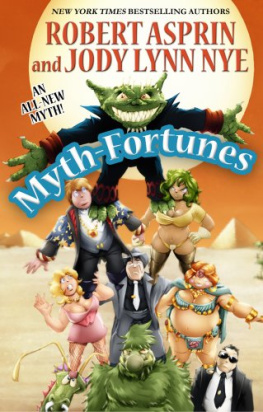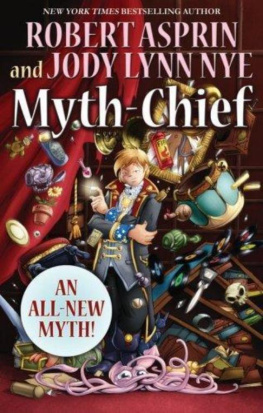Robert Edgerton - Sick Societies: Challenging the Myth of Primitive Harmony
Here you can read online Robert Edgerton - Sick Societies: Challenging the Myth of Primitive Harmony full text of the book (entire story) in english for free. Download pdf and epub, get meaning, cover and reviews about this ebook. year: 0, genre: History. Description of the work, (preface) as well as reviews are available. Best literature library LitArk.com created for fans of good reading and offers a wide selection of genres:
Romance novel
Science fiction
Adventure
Detective
Science
History
Home and family
Prose
Art
Politics
Computer
Non-fiction
Religion
Business
Children
Humor
Choose a favorite category and find really read worthwhile books. Enjoy immersion in the world of imagination, feel the emotions of the characters or learn something new for yourself, make an fascinating discovery.
- Book:Sick Societies: Challenging the Myth of Primitive Harmony
- Author:
- Genre:
- Year:0
- Rating:3 / 5
- Favourites:Add to favourites
- Your mark:
- 60
- 1
- 2
- 3
- 4
- 5
Sick Societies: Challenging the Myth of Primitive Harmony: summary, description and annotation
We offer to read an annotation, description, summary or preface (depends on what the author of the book "Sick Societies: Challenging the Myth of Primitive Harmony" wrote himself). If you haven't found the necessary information about the book — write in the comments, we will try to find it.
Sick Societies: Challenging the Myth of Primitive Harmony — read online for free the complete book (whole text) full work
Below is the text of the book, divided by pages. System saving the place of the last page read, allows you to conveniently read the book "Sick Societies: Challenging the Myth of Primitive Harmony" online for free, without having to search again every time where you left off. Put a bookmark, and you can go to the page where you finished reading at any time.
Font size:
Interval:
Bookmark:
Challenging the Myth
of Primitive Harmony
ROBERT B. EDGERTON

Copyright 1992 by Robert B. Edgerton
All rights reserved. No part of this book may be reproduced or transmitted in any form or by any means, electronic or mechanical, including photocopying, recording, or by any information storage and retrieval system, without permission in writing from the Publisher.
The Free Press
A Division of Macmillan, Inc.
866 Third Avenue, New York, N. Y. 10022
Maxwell Macmillan Canada, Inc.
1200 Eglinton Avenue East
Suite 200
Don Mills, Ontario M3C 3N1
www.SimonandSchuster.com
Macmillan, Inc. is part of the Maxwell Communication Group of Companies.
Printed in the United States of America
printing number
1 2 3 4 5 6 7 8 9 10
Library of Congress Cataloging-in-Publication Data
Edgerton, Robert B.,
Sick societies: challenging the myth of primitive harmony/ Robert B. Edgerton.
p. cm.
Includes bibliographical references and index.
ISBN 0-02-908925-5
eISBN 978-1-451-60232-6
1. Cultural relativism. 2. Ethnocentrism. 3. Social perception. 4. Developing countriesSocial conditions. I. Title.
GN345.5.E34 1992
302.12dc20 92-13948
CIP
 Contents
Contents
1. Paradise Lost:
The Myth of Primitive Harmony
4. Women and Children First:
From Inequality to Exploitation
 Acknowledgments
Acknowledgments
Every author owes more debts to others than can be acknowledged, much less repaid. I am grateful for the many challenges posed to me by so many students at UCLA, as well as students and faculty members at Case Western Reserve University and the University of California, San Diego, where I presented abbreviated versions of this book. For their helpful advice, I thank Melford Spiro, Donald Symons, Nadine Peacock, Robert Bailey, Joan Silk, and Theodore Schwartz. For their many comments on various earlier versions of this manuscript, I am grateful to Robert Boyd, L. L. Langness, John Kennedy, Walter Goldschmidt, Jerome Barkow, Thomas Weisner, Douglas Hollan, Jill Korbin, Alex Cohen, and Karen Ito.
For unending and gracious assistance over the years in transforming bits of text into something resembling a book, I thank Susan Wilhite, Tina Tran, Thelma Woods, Esther Rose, Ellen Lodge, and Dana Stulberg. I am also most grateful to Adam Bellow of The Free Press for his sound editorial guidance.
And to all of those people around the world with whom I have lived, I am thankful for the opportunity to have experienced other ways of life, ways that are in some respects better, and in others worse, than those of my own people.
SICK SOCIETIES
Paradise Lost
The Myth of Primitive Harmony

All societies are sick, but some are sicker than others. This paraphrase of Orwells famous quip about the equality of animals calls attention to the existence of traditional beliefs and practices that threaten human health and happiness more in some societies than in others. But it also indicates that there are some customs and social institutions in all societies that compromise human well-being. Even populations that appear to be well-adapted to their environments maintain some beliefs or practices that unnecessarily imperil their well-being or, in some instances, their survival. Populations the world over have not been well served by some of their beliefs such as, for example, those concerning witchcraft, the need for revenge, or male supremacy, and many of their traditional practices involving nutrition, health care, and the treatment of children have been harmful as well. Slavery, infanticide, human sacrifice, torture, female genital mutilation, rape, homicide, feuding, suicide, and environmental pollution have sometimes been needlessly harmful to some or all members of a society and under some circumstances they can threaten social survival.
To Americans besieged by headlines and television reports concerning our endangered environment, homelessness, child abuse, the threat of drugs, AIDS, or gang violence, the idea that some things people do may he harmful to themselves and others will hardly seem controversial. Beliefs that lead to anorexia nervosa or wife beating are likely to be seen as harmful, and beliefs favoring anti-Semitism or male supremacy are also likely to be seen as dangerous. Americans may also believe that if surveys can rate various cities in the United States in terms of their relative quality of life, the same could be done for foreign cities and, for that matter, foreign countries. Many would surely be troubled by the idea that the political systems of Iraq, Hitlers Germany, or the Khmer Rouge in Cambodia were, or are, as good as those in, say, Norway, Japan, or Switzerland. And they would probably react with disbelief to the assertion that there is no scientific basis for evaluating another societys practice of genocide, judicial torture or human sacrifice, for example, except as the people in that society themselves evaluate these practices. Yet that is exactly what the principle of cultural relativism asserts, and this principle continues to be widely and strongly held.
So too is the belief that primitive societies were far more harmonious than societies caught up in the modern world. We know that human misery, fear, loneliness, pain, sickness, and premature death are typical of Americas urban ghettos and its homeless people, South Africas black townships, the starving villages of the Sudan, the slums of Brazil, and the war-ravaged lands of Central America or the Middle East. We also know that people in places such as these are the hapless victims of such forces as governmental neglect, racism, corruption, ethnic, religious and political strife, and economic exploitation, among other kinds of social, cultural, and environmental pressures. However, many prominent scholars believe that this sort of misery is not natural to the human condition, that people in smaller, more homogeneous folk societies have historically lived in greater harmony and happiness, and that many small populations continue to do so today. The belief that primitive societies are more harmonious than modern ones, that savages are noble, and that life in the past was more idyllic than life today is not only reflected in the motion pictures and novels of our popular culture (the recently acclaimed film Dances with Wolves comes immediately to mind), it is deeply engrained in scholarly discourse as well.
This community-lost way of reconstructing history is founded in the romantic belief that the malaise and mayhem of the modern world is not the natural human condition. Instead, human misery is thought to be the product of pervasive social disorganization, divisive ethnic
In 1947, when Robert Redfield published his well-known folkurban typology, he did little more than lend the cachet of anthropology to an already ancient distinction.
The contrast between folk harmony and urban conflict is rooted in the evolutionary assumption that while people in folk societies, like the Indians of America, were achieving harmonious ways of living together, they were also developing traditional beliefs and practices that helped them to adapt to their environments without depleting or destroying them. Jean-Jacques Rousseau made the idea of the Noble Savage part of our common parlance, and in one form or another, many modern scholars sustain this viewpoint. There is no shortage of evidence documenting the social pathology that plagues many modern societies, but reliable evidence for primitive harmony is less plentiful. Before we look at what that evidence is like, we should pause to consider how it came into being.
Font size:
Interval:
Bookmark:
Similar books «Sick Societies: Challenging the Myth of Primitive Harmony»
Look at similar books to Sick Societies: Challenging the Myth of Primitive Harmony. We have selected literature similar in name and meaning in the hope of providing readers with more options to find new, interesting, not yet read works.
Discussion, reviews of the book Sick Societies: Challenging the Myth of Primitive Harmony and just readers' own opinions. Leave your comments, write what you think about the work, its meaning or the main characters. Specify what exactly you liked and what you didn't like, and why you think so.

